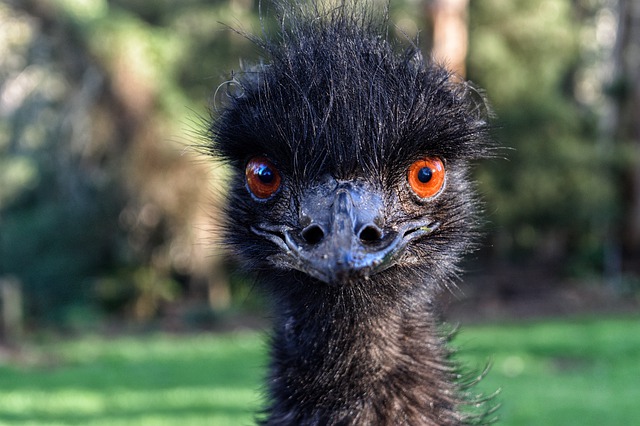
A team of physicists in India has notched their third retraction for problematic images and other issues that also have prompted at least four corrections of their work.
The authors, Sk. Shahenoor Basha, of the Solid State Ionics Laboratory at KL University in Guntur, and M.C. Rao, of Andhra Loyola College in Vijayawada, have lost a 2018 article in the International Journal of Polymer Science titled ““Spectroscopic and electrochemical properties of [PVA/PVP]:[MgCl2{6H2O}] blend polymer electrolyte films.”
According to the retraction notice:
Continue reading ‘A satisfactory explanation was not provided’: Physicists in India lose third paper








